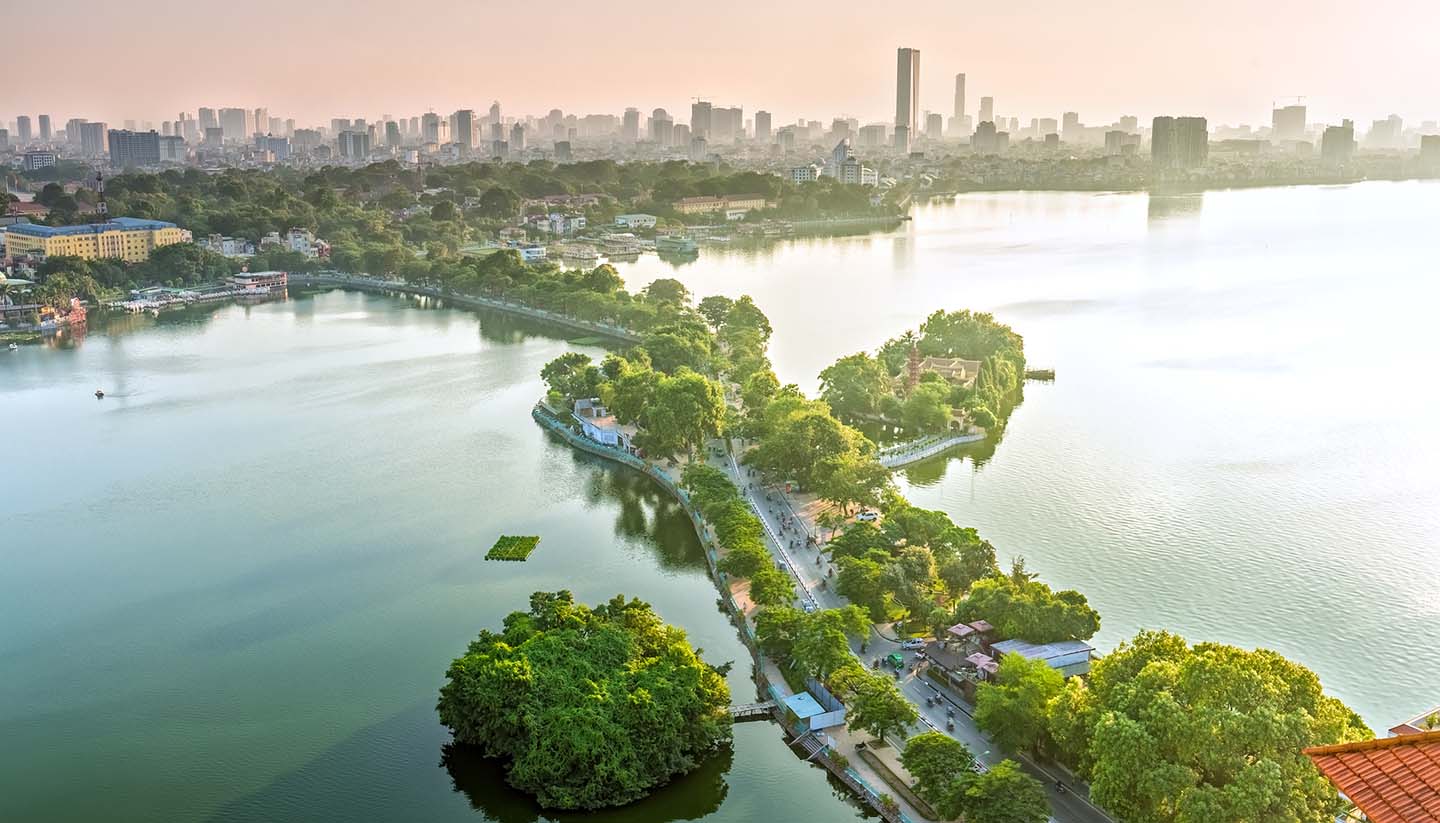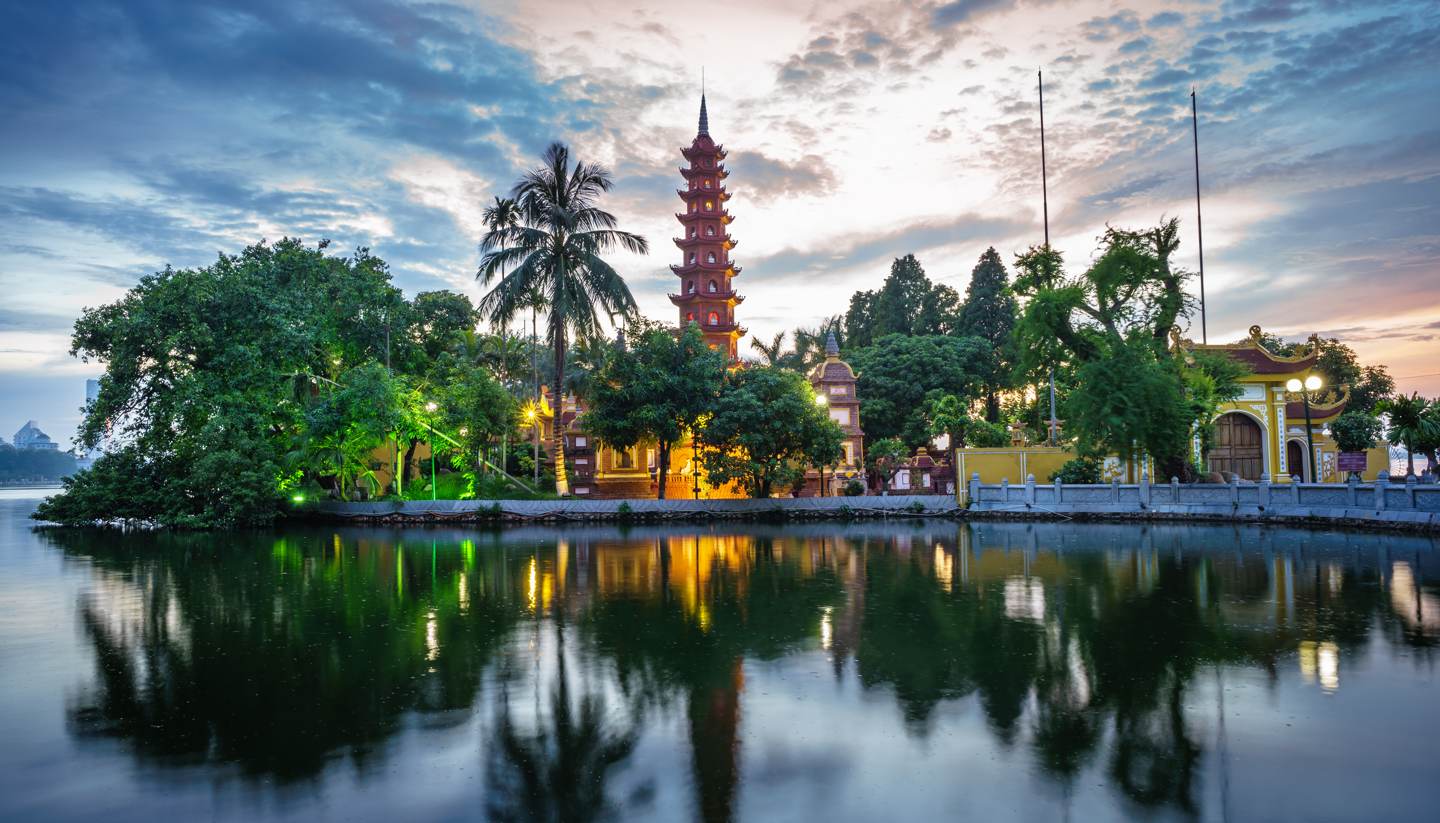Vietnam Health Care and Vaccinations
| Title | Special precautions |
|---|---|
| Typhoid | Sometimes |
| Yellow Fever | No* |
| Diphtheria | Yes |
| Hepatitis A | Sometimes |
| Malaria | Sometimes |
| Rabies | Sometimes |
| Tetanus | Yes |
* A yellow fever vaccination certificate is required from travellers over one year of age coming from areas with a risk of yellow fever transmission.
Health Care
Major cities such as Hanoi, Ho Chi Minh City, and Da Nang have international hospitals and clinics that offer a good standard of care, often with English-speaking staff. These facilities can handle routine treatments, minor emergencies, and diagnostic services, though some travellers may prefer to seek treatment abroad for serious medical issues.
Medical facilities are more basic in rural areas. Travellers venturing to remote regions are advised to take extra precautions and ensure they have adequate travel insurance that covers medical evacuation.
Pharmacies are widespread and easy to find in towns and cities. Many medications that would require a prescription in other countries are available over the counter in Vietnam. However, the quality and authenticity of medicines can vary, so it is advisable to use well-known pharmacies and, where possible, bring an adequate supply of any essential prescription medicines from home. Always carry medications in their original packaging, along with a copy of your prescription or a doctor's note for any controlled substances.
Visitors should ensure they have comprehensive travel insurance that includes cover for medical expenses, hospitalisation, and emergency evacuation. Payment is often required upfront for medical treatment, even at private hospitals, so keeping proof of insurance easily accessible is recommended.
Food and Drink
Travellers should not drink directly from tap water in Vietnam. Use bottled or filtered water instead. Ice in drinks served at reputable hotels, restaurants, and cafés is generally made from purified water and is usually safe, but caution is advised in more local establishments.
When it comes to food, eating freshly cooked dishes from busy street stalls or restaurants is generally safe and part of the cultural experience. However, it's wise to avoid raw or undercooked meats and seafood in less hygienic settings. Dairy products are increasingly available, especially in urban areas, but may not always be pasteurised—check labels where possible or opt for well-known brands.
Other Risks
Homemade rice wines or unregulated spirits can sometimes contain harmful levels of methanol. Stick to branded or known local drinks when possible.
Mosquito-borne illnesses like dengue fever and, in some regions, malaria can be a concern. Use insect repellent, wear long sleeves in the evenings, and stay in accommodations with screens or mosquito nets in affected areas.
Vietnam experiences typhoon season from June to November, particularly affecting coastal and northern areas. Heavy rains can lead to flooding and landslides in mountainous regions. Please check weather forecasts during travel and follow local advice.


